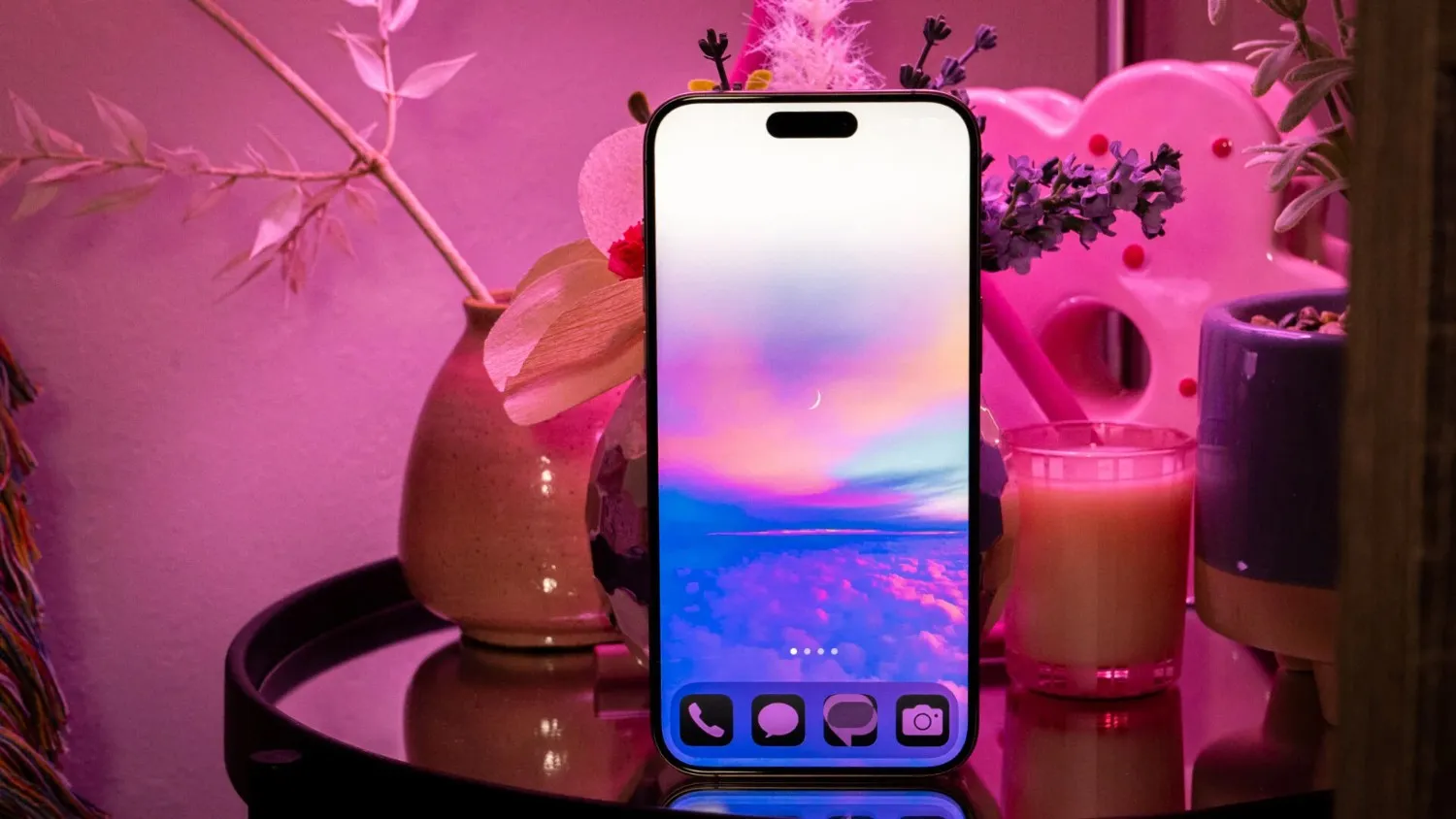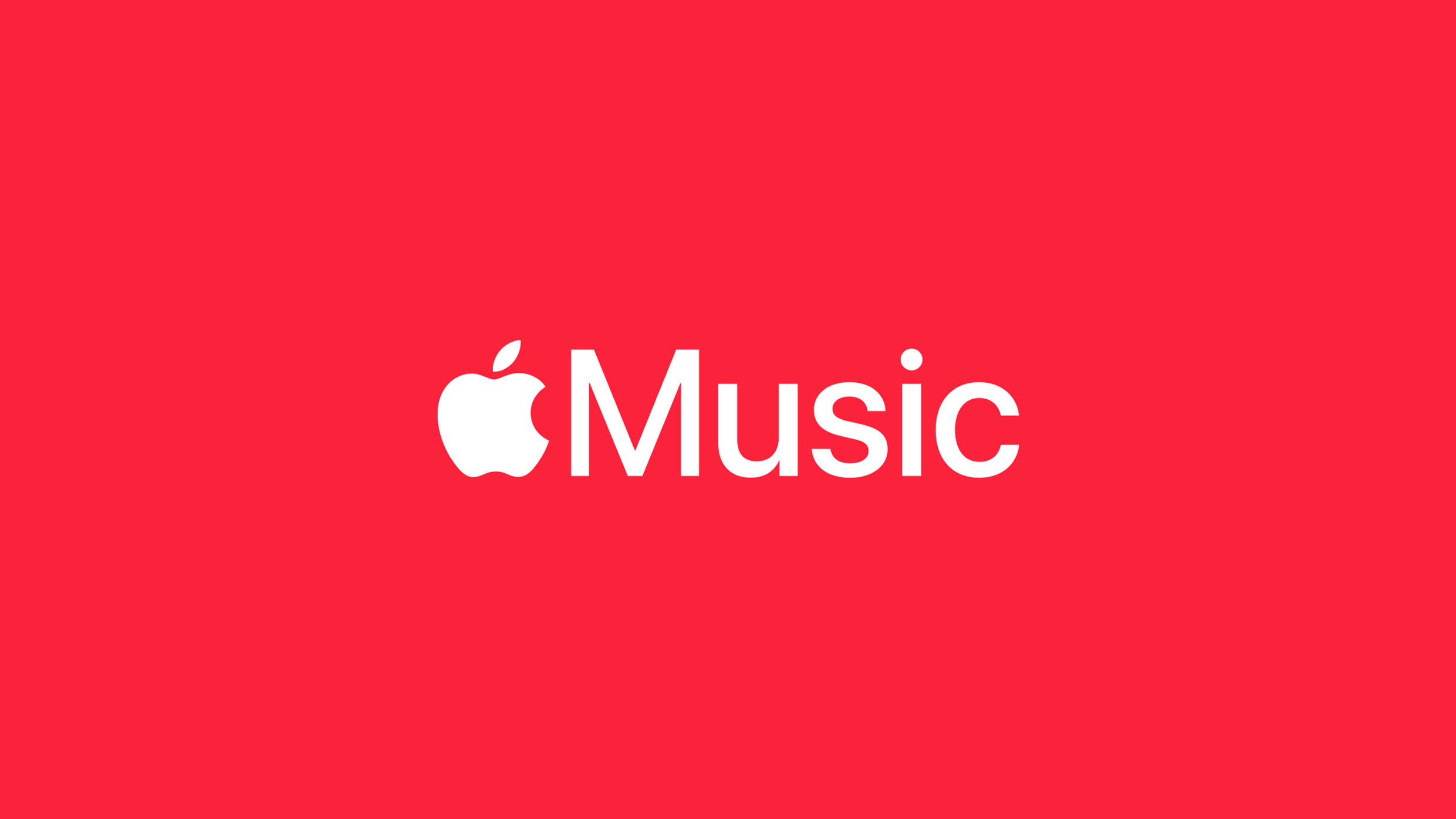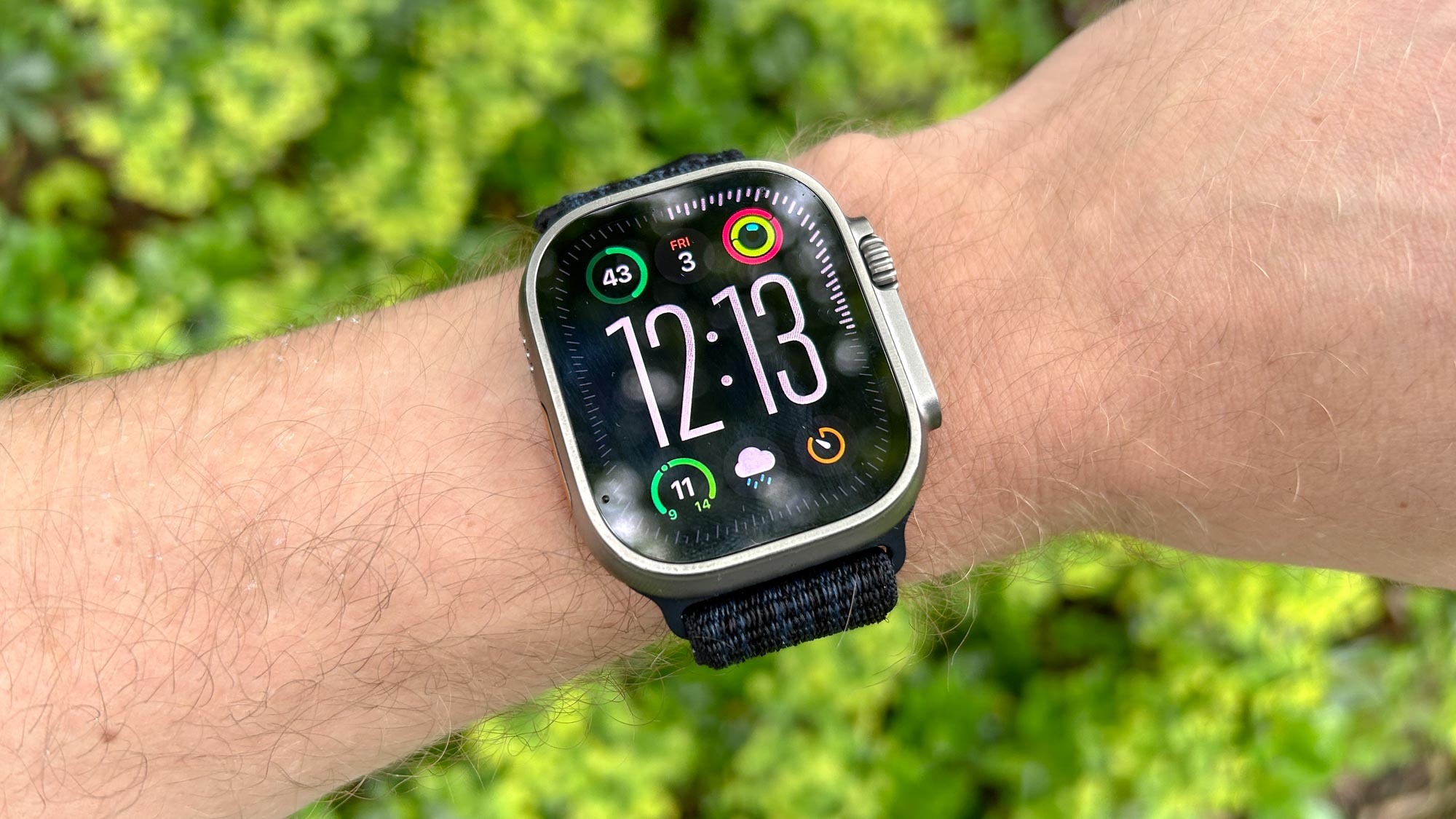Apple just rolled out a few new updates across its apps that aim to make your experience better and more helpful.
First, Apple Maps is getting more reliable. It now includes expert-sourced information in its place cards—those little cards you see when you tap on a location. Instead of just showing reviews from users, Apple has teamed up with travel pros like Lonely Planet, The Infatuation, and others. These expert tips help you discover good places to eat, fun spots to visit, and hidden gems in cities like New York, London, and Paris. More cities will be added soon.
Next up, Apple Music is making it easier to switch from other music apps. A new feature lets users import their playlists and libraries from services like Spotify, YouTube Music, and Amazon Music straight into Apple Music. This means you won’t lose your favorite songs if you switch. Apple is using a tool made by SongShift to make this happen, and it’s built into the Apple Music app.
Lastly, Apple’s Calendar app is quietly getting smarter. It now shows a daily task list—things you’ve added to your Reminders app—right in your calendar. This makes it easier to stay on top of your day. The feature is great, but one small thing could make it even better: letting users choose which reminders appear. Right now, it shows all of them, even the ones that aren’t tied to a specific time.
These updates show how Apple is making its apps more useful and connected.






